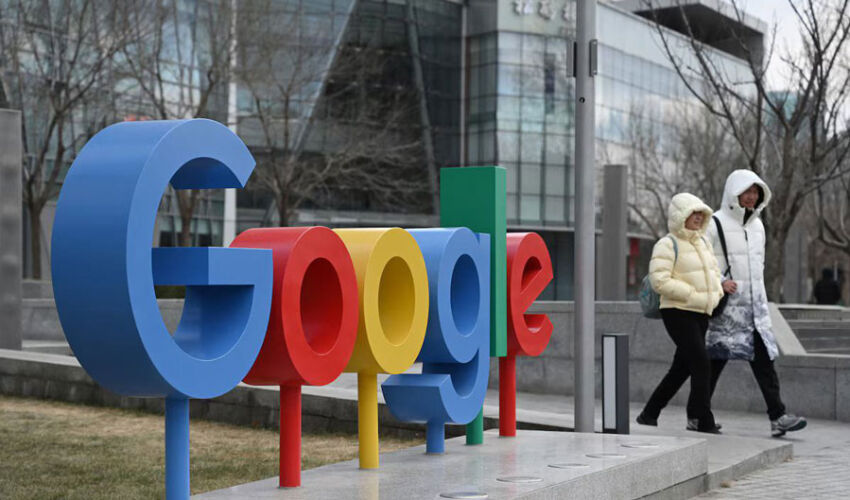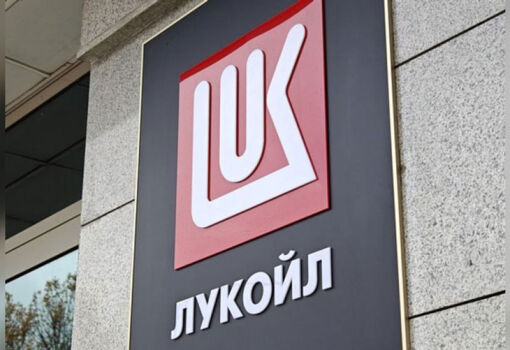
DEI (diversity, equity, inclusion) are programs designed not to discriminate against people based on gender, color, or sexual orientation. On the day of his inauguration, Donald Trump signed an executive order banning programs to promote diversity and inclusion among employees in the state apparatus – they are too costly for the US budget and discriminatory in nature.
Now the administration has sent out a letter demanding compliance with Trump’s executive order to a number of large companies in the US and the EU. The letter says the action applies “to all suppliers and contractors of the United States government, regardless of their nationality or the country in which they operate.”
According to the Financial Times, 90% of the 400 major companies in the S&P 500 index that filed their annual reports after Trump’s election removed some mention of DEI. And many have dropped the term altogether. Instead, they emphasize a commitment to inclusiveness and say they will strive for a business culture in which “all employees feel comfortable.”
Apple isn’t about to change its approach just yet: the company continues to support diversity to its corporate culture. Microsoft and Costco also remain committed to DEI principles.
Note that since 1964 in the U.S. there is a law prohibiting discrimination in the workplace on the basis of ethnicity, religion, gender, color and origin. Since then, companies have made commitments to diversity and anti-discrimination. In 2020, DEI commitments in the U.S. received an additional boost with the emergence of the Black Lives Matter movement.
Donald Trump believes that this movement, based on an increased focus on social, racial and gender justice, will discriminate against other members of society, namely middle-aged white men.
An entire market of consulting, recruiting agencies, and software has formed around DEI. High-level positions like inclusion program manager began to appear in corporations. Writers and Influencers make money from books, public speaking, podcasts, and blogs about equality and social justice.
Today, DEI encompasses a huge range of measures, from training for employees and managers and “blind hiring” practices (where a recruiter has access to information only about an applicant’s skills, not personal information like gender, age, and ethnicity) to special programs (educational or career) for specific groups and their financial support.













